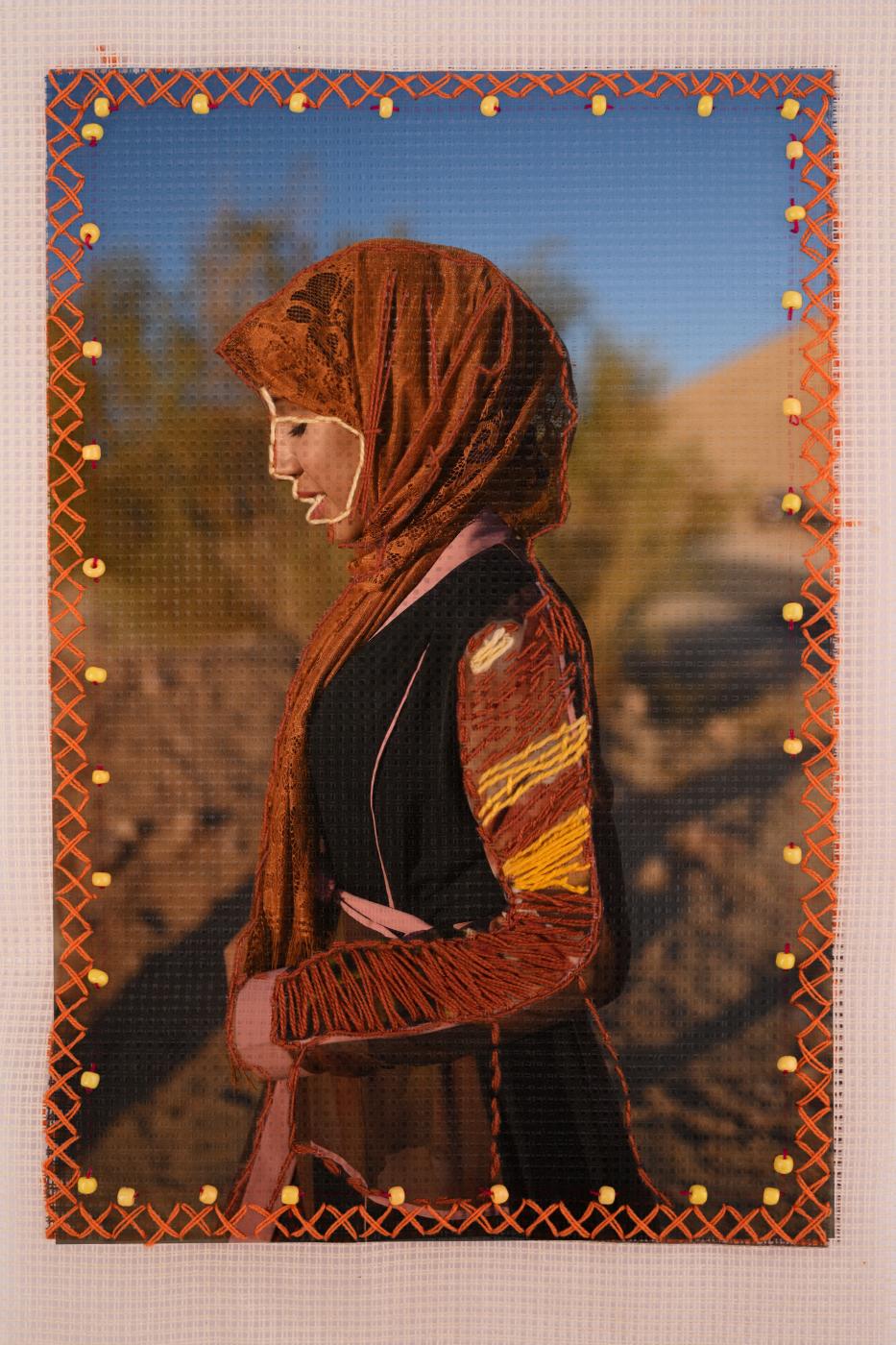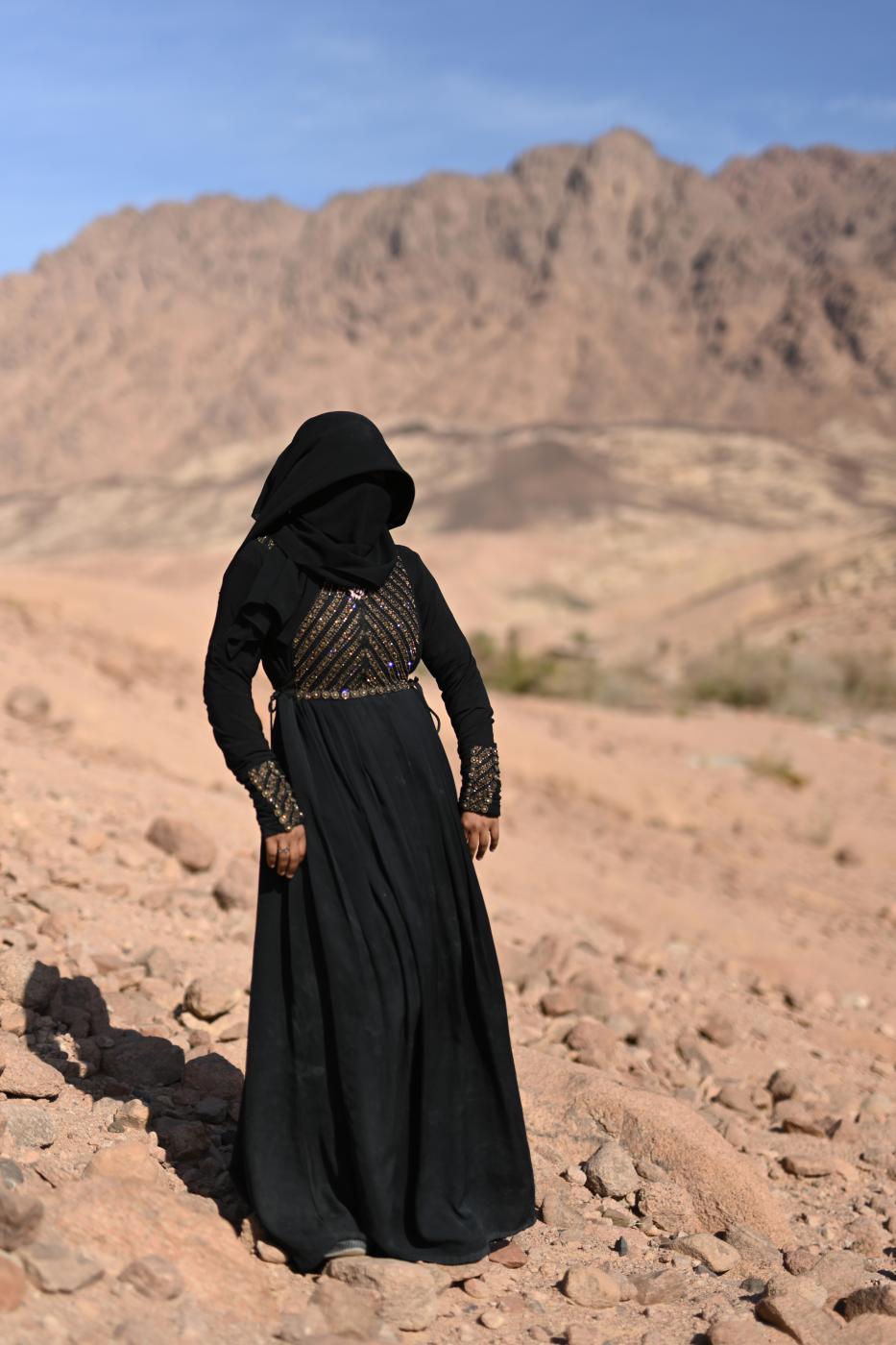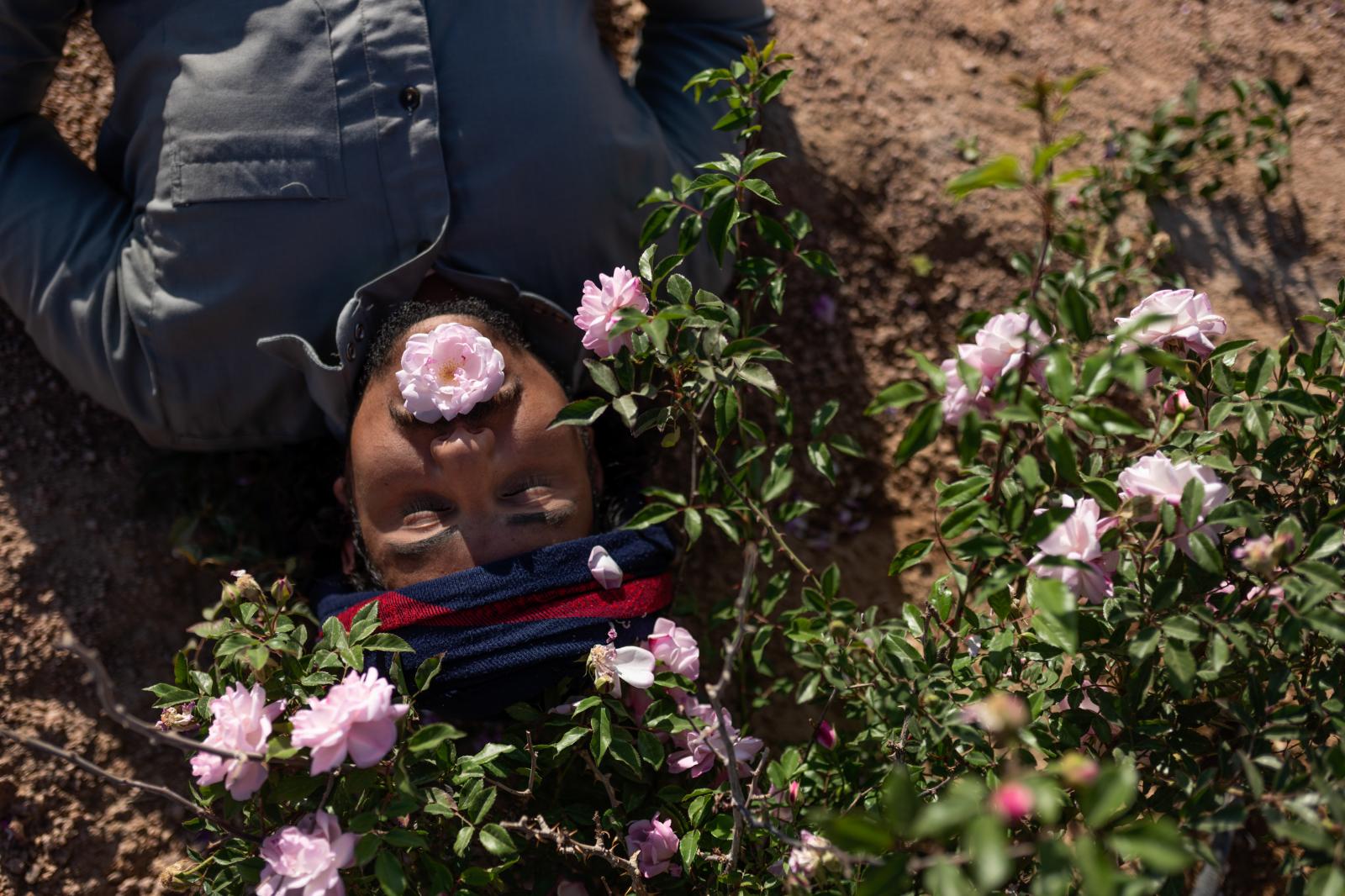During the Israeli occupation between 1967 and 1982, Bedouins remained on their lands to protect them. Even though they helped the Egyptian forces regain possession of Sinai during the war, their resistance to the occupation was overlooked. The larger Egyptian public came to view them as traitors. So began a long struggle to secure civil rights and basic needs. Like many indigenous communities around the world, they are commonly misrepresented in the media, portrayed as isolated from, and a threat to, modern society. Throughout it all, they remain the keepers of the land - protecting it from harm as it has provided them with blessings in return.
Since the war, most of the surviving archives about Sinai have been stored in the St. Catherine’s monastery. The Egyptian government prohibits public access to these archives, and thus withholds the history of the land, the history of its people and possibly the history of my family.
“Yes, I was told before that your grandfather’s family is Bedouin.” My 72 year-old father told me in a rare moment of contemplation. Having a peculiar last name El Dalil, meaning The Guide, our family was rumored to have come from Bedouin and Palestinian roots, without further evidence. I come from a family with generational trauma: a grandfather imprisoned for years for advocating for Palestinian rights; a father, the oldest of six, forced as a young boy to take over his father’s role in the family, and by the age of 20 went to war. For years I worked to decipher our family history, with no guides at all.
When I ran away to the mountains as a teenager, I didn’t know about my estranged ancestry. I only know I was longing for something I was a stranger to. This is my process of finding and seeking the meaning of belonging.
ReviewsAriella Azoulay LinkAuthor, art curator, filmmaker, and theorist of photography and visual culture. Professor of Modern Culture and Media and the Department of Comparative Literature at Brown University.
"The Field guide with the plant is fantastic, as well as the collaboration with women through embroidery. Imperialism, and local projects of colonialism, like the state of israel, did everything possible for children not to know the worlds of their grandparents, including not knowing their languages, modes of growing food, knowledge of the environment etc, it is painful but not irreversible. In this sense your projects are very important, and I hope you will keep going with it."
Reviews Tanya Habjouqa
LinkJordanian-Texan visual artist, educator, and a member of NOOR Images.
"The Bedouins have long been reduced and flattened even within local communities. An orientalist trope, a Lawrence of Arabia imagery or actually racist tropes inside various Arab countries that have sizeable Bedouin communities. Rehab’s approach understanding first the history, working with the community to develop their own stolen archive is brilliant.
It’s notoriously difficult to access the Bedouin community, part of the reason that in the orientalist tropes: they are often simplified and flattened. Not only has she gained the access and respect of the community, but she is actively collaborating; worked to make a health clinic, and giving back to the community. I think the ethical standard that Rehab is working on is a lesson to all of us. I can only think of Nina Berman’s Autobiography of Miss Wish in terms of understanding and meeting our ethical obligations. This isn’t our story, its what is shared and Rehab works with the community as they narrate their own reality as active partners.
It’s ethnographic, folkloric, art, conceptual, and academic take on notion of archive, and subverting the stolen archive in this case. It’s multidisciplinary, brilliant and unique. Rehab is a rare photographer, an author, wearing many hats. She is one to watch because this is the direction that I think the world is demanding that we go. People are increasingly demanding a say in their representation and she is ahead of the curve and we can learn from her approach."
Reviews Peggy Sue Amison LinkThe artistic director of East Wing gallery in Doha
“A whole new level of interaction. Eldalil assists in building a legacy for the Bedouin people – her multidimensional approach touches both viewers and subjects in unforgettable ways.”










